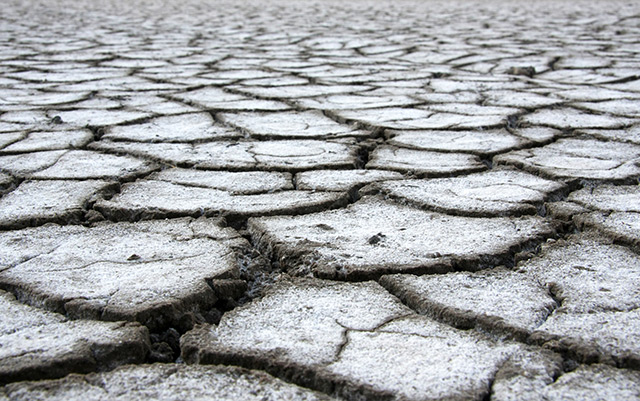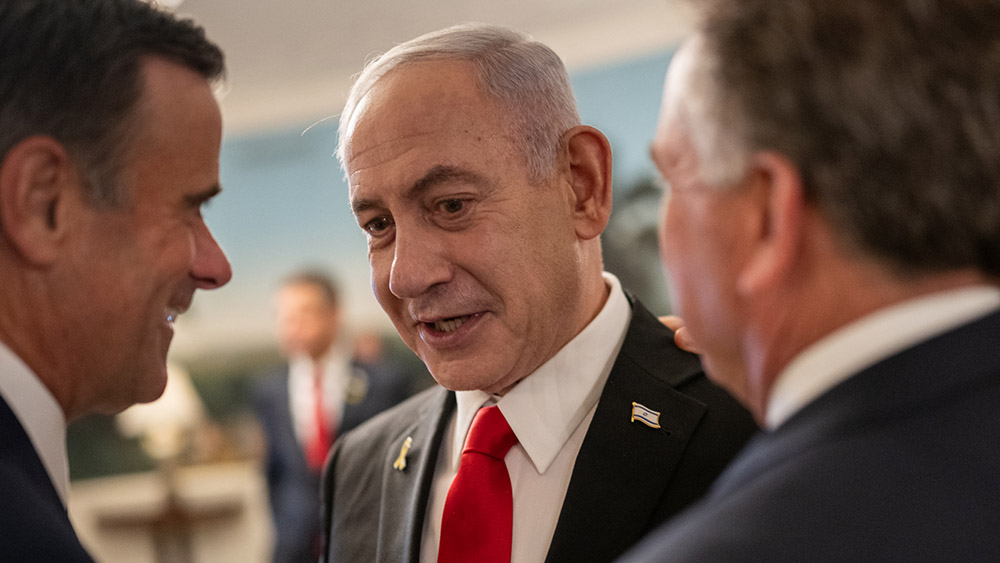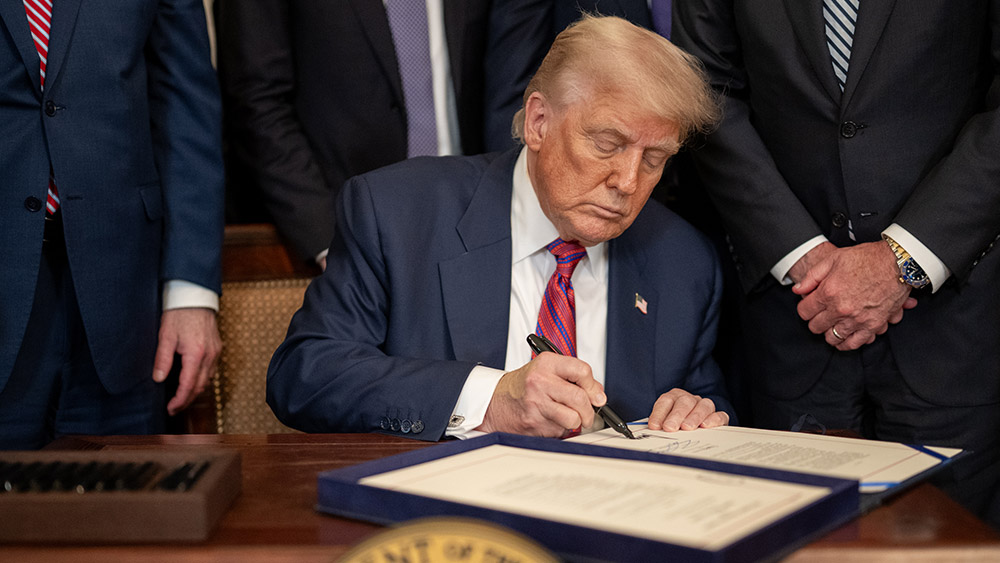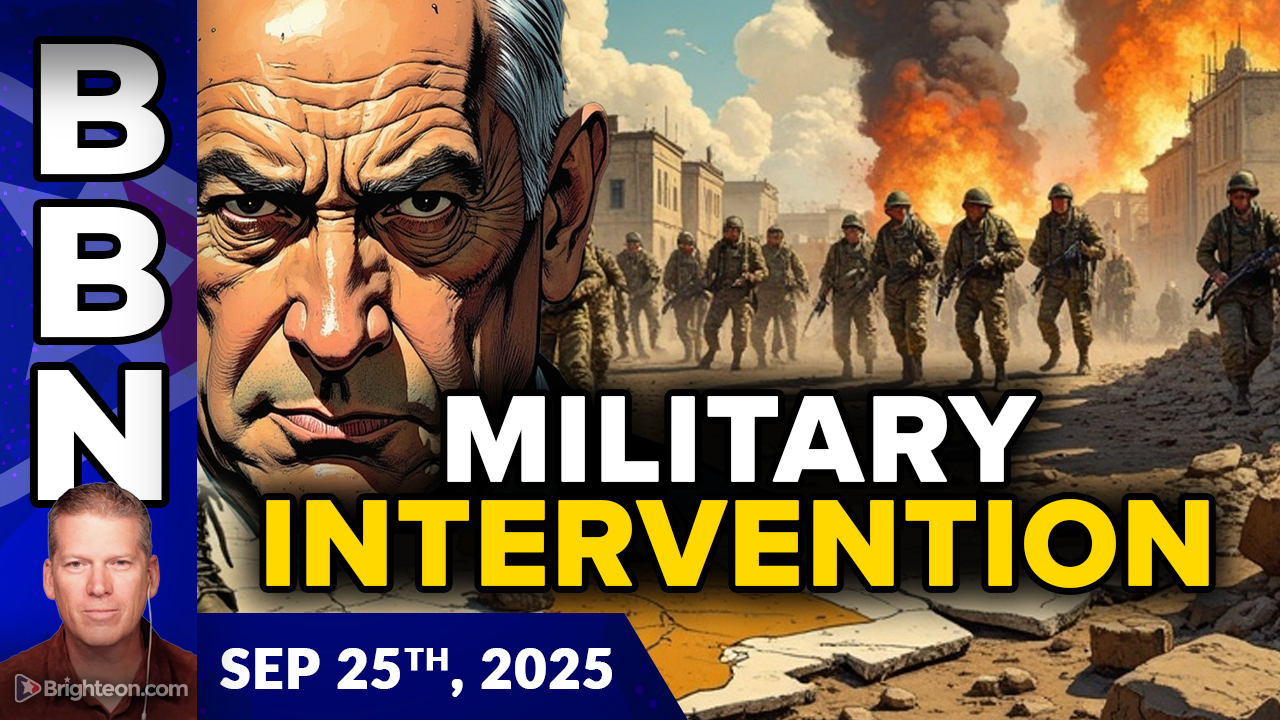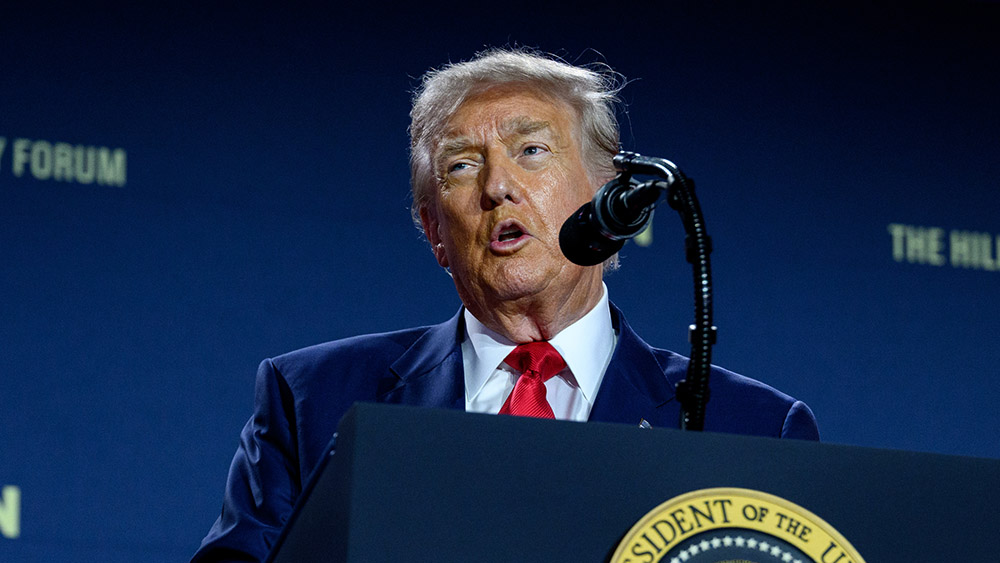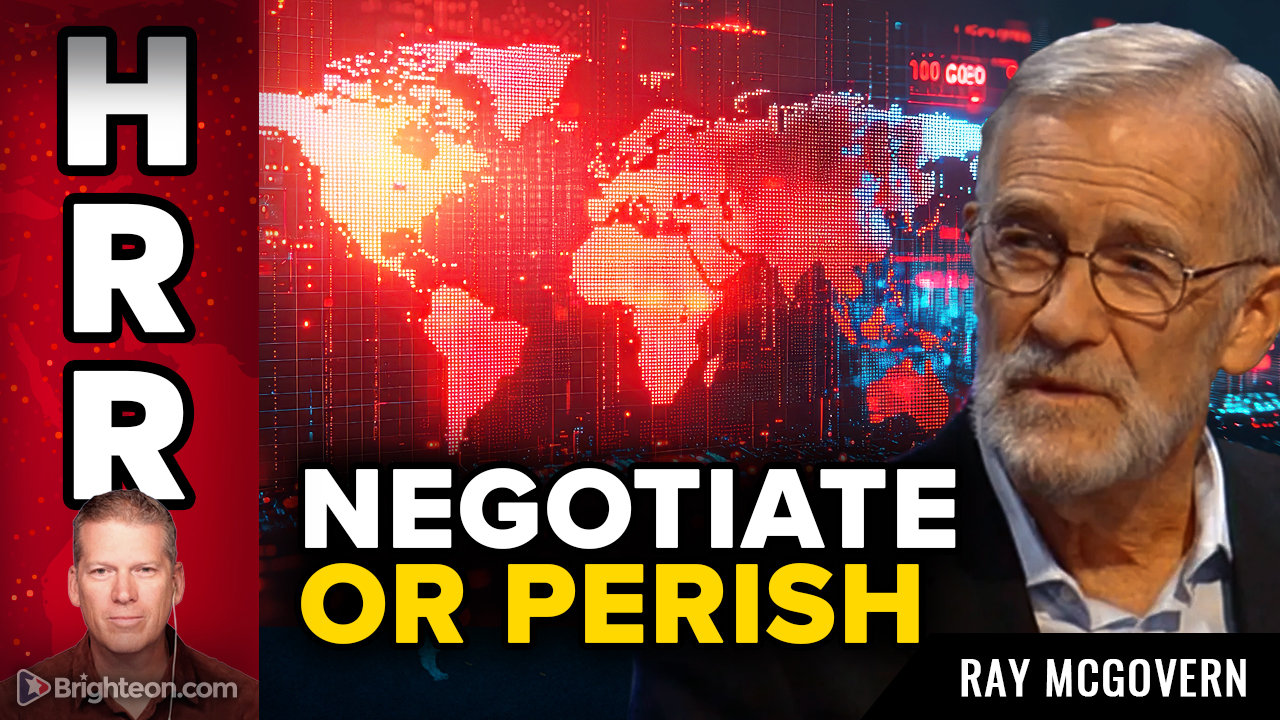Brazil joins genocide case against Israel as legal experts cite undeniable evidence in Gaza
09/23/2025 / By Cassie B.

- Global consensus is forming that Israel’s actions in Gaza meet the legal definition of genocide under international law.
- Brazil, Turkey, Ireland, Spain, and Mexico have formally intervened in South Africa’s ICJ case, signaling growing legal and diplomatic pressure.
- UN reports, human rights groups, and Israeli officials’ own statements provide evidence of genocidal intent, including mass civilian killings and infrastructure destruction.
- Israel and the U.S. dismiss the case as baseless, but sanctions, protests, and ICC arrest warrants are mounting against Israeli leaders.
- The ICJ’s eventual ruling could reshape global politics, although enforcement remains uncertain due to U.S. opposition and UN Security Council dynamics.
When Brazil formally joined South Africa’s genocide case against Israel at the International Court of Justice last week, it wasn’t just another diplomatic gesture. It was the latest sign of a growing international consensus that Israel’s military campaign in Gaza has crossed a line that legal experts, human rights groups, and now multiple governments argue meets the definition of genocide. The question is no longer if Israel’s actions are being scrutinized, but how the world will respond when the evidence becomes impossible to ignore.
Brazil’s declaration of intervention, filed under Article 63 of the ICJ Statute, means the country will be legally bound by the court’s eventual ruling—a ruling that could take years but has already begun reshaping global perceptions. The move follows similar interventions by Turkey, Ireland, Spain, and Mexico, all of which have aligned with South Africa’s argument that Israel is violating the 1948 Genocide Convention. Meanwhile, Israel and its chief ally, the United States, continue to dismiss the case as baseless, even as sanctions, protests, and legal warnings pile up.
Why experts now say it’s genocide
The accusation is staggering: a nation founded in the aftermath of the Holocaust now stands accused of the very crime it was meant to guard against. Yet the evidence, according to a growing number of legal scholars and human rights organizations, is undeniable. A U.N.-commissioned report released last week concluded that Israel’s war in Gaza is not just a military operation but an attempt to “destroy the Palestinian population in Gaza as a group”—the legal definition of genocide.
The report cited Israel’s “total siege” of Gaza, the mass killing of civilians (with Gaza’s Health Ministry reporting over 65,000 deaths, half of them women and children), and the systematic destruction of hospitals, schools, and infrastructure. Even more damning were statements from Israeli officials themselves. Former Defense Minister Yoav Gallant’s description of Palestinians as “human animals” and Deputy Knesset Speaker Nissim Vaturi’s call to “erase the Gaza Strip from the face of the Earth” were highlighted as proof of genocidal intent—a key requirement under international law.
Amnesty International, Human Rights Watch, and two Israeli rights groups have all independently concluded that Israel’s conduct meets the genocide threshold. Spanish Prime Minister Pedro Sánchez went further, declaring, “This is not self-defense, it’s not even an attack—it’s the extermination of a defenseless people.”
The world’s skepticism is growing
Israel has vehemently denied the allegations, framing its military campaign as a necessary response to Hamas’ October 7, 2023, attack, which killed 1,200 Israelis and took 251 hostages. Israeli leaders argue that their operations comply with international law and that civilian casualties are an unfortunate but unavoidable consequence of urban warfare. Prime Minister Benjamin Netanyahu has even claimed that if Israel wanted to commit genocide, it could have done so “in one afternoon”—a statement experts say reveals a disturbing indifference to the scale of Palestinian suffering.
But the legal and moral arguments are unraveling under scrutiny. The ICJ has already issued interim orders demanding Israel prevent genocidal acts and allow humanitarian aid—orders Israel has largely ignored. Meanwhile, the International Criminal Court has issued arrest warrants for Netanyahu and Gallant (though not for genocide, but for using starvation as a weapon of war). The U.S., Israel’s most powerful backer, has rejected the ICJ’s jurisdiction and imposed sanctions on ICC officials, further isolating itself from the global consensus.
For now, the ICJ’s final ruling remains years away, and even if it sides with South Africa, enforcement will be nearly impossible without U.N. Security Council action—a nonstarter given the U.S. veto. Yet the symbolic weight of the case is already reshaping geopolitics. The European Commission has floated suspending trade ties with Israel. Germany and the UK, once unwavering supporters, have restricted military exports. Protests have erupted across Europe, and cultural boycotts are gaining traction. And in a world where legal victories often matter less than political momentum, the genocide case may prove more powerful as a symbol than as a verdict.
Sources for this article include:
Submit a correction >>
Tagged Under:
big government, Brazil, chaos, ethnic cleansing, Gaza, genocide, Globalism, humanitarian crisis, ICJ, Israel, Resist, rigged, violence, WWIII
This article may contain statements that reflect the opinion of the author
RECENT NEWS & ARTICLES
COPYRIGHT © 2017 COLLAPSE.NEWS
All content posted on this site is protected under Free Speech. Collapse.news is not responsible for content written by contributing authors. The information on this site is provided for educational and entertainment purposes only. It is not intended as a substitute for professional advice of any kind. Collapse.news assumes no responsibility for the use or misuse of this material. All trademarks, registered trademarks and service marks mentioned on this site are the property of their respective owners.

